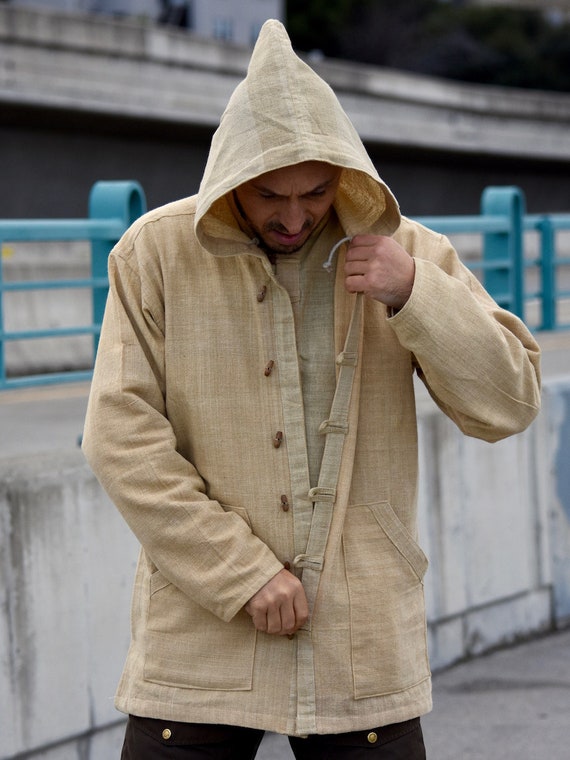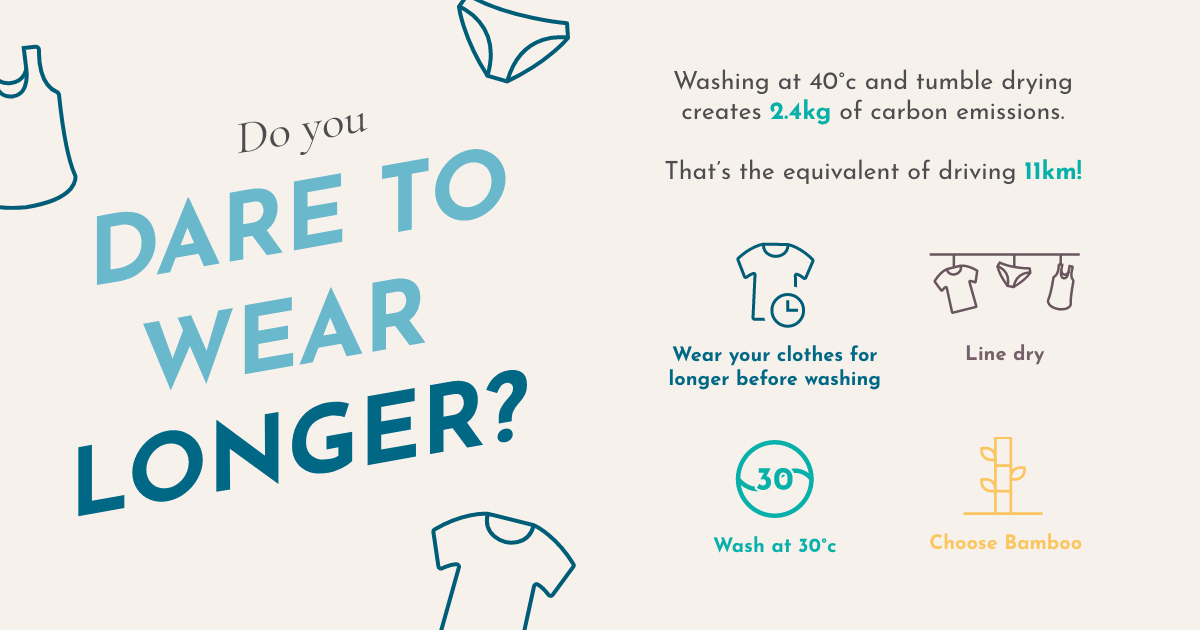Handy Tips On Deciding On Bamboo Clothing
Wiki Article
Why Is Hemp So Much Stronger, More Biodegradable, And Regenerative Compared To Cotton?
Hemp's natural properties, as well as its cultivation methods is what makes it more biodegradable and durable than cotton. Here's why- Biodegradability-
Natural FiberNatural Fiber Hemp fibers are an organic plant that can be biodegradable. Hemp clothing and textiles decompose naturally with the passage of time. They return to the earth, not leaving behind any long-lasting waste. Compare this to synthetic fibers like polyester, which could take hundreds of year to break down.
Hemp Textiles Lack Synthetic Additives They do not contain synthetic additives. Hemp fibers usually don't have any synthetic additives. The textiles made of cotton can be treated using synthetic chemical additives, such as specific dyes or finishings which slow biodegradation.
Durability-
Hemp fibers can be distinguished by their strength and durability. Hemp textiles and clothing are more resistant to tear and wear and last longer compared to some cotton products. The durability of hemp clothing indicates that it will withstand longer wear and washing cycles before it begins to deteriorate.
Hemp fabric is less likely to pill than cotton. This increases the life span of their fabric and its overall quality.
Regenerative Agriculture-
Soil health Hemp farming has regenerative qualities when done in a sustainable manner. Hemp has an extensive root system which helps to prevent soil erosion and compaction and can also increase soil health by aerating soil and increasing the activity of microbial. This regenerative feature will make the soil suitable for future cropping.
Low environmental impact Sustainable hemp farming practices employ a minimal use of herbicides and pesticides, which reduces the harm to the environment. Contrary to traditional cotton farming, the use of synthetic chemicals can result in soil degradation and pollution of water.
Water Efficiency-
Hemp typically requires less water than cotton. Due to its drought-resistant properties, it can be grown with little or no irrigation. It is a more water-efficient choice, especially in areas with a limited supply of water resources.
Crop Rotation Hemp can be integrated into systems of crop rotation that can enhance overall soil health and lower the possibility of soil loss and disease buildup. In conventional cotton farming the crop rotation process is less common.
Versatility- Hemp can be utilized for a wide range of applications, such as clothing, textiles papers, paper, building materials and much more. Hemp is a flexible crop that can be utilized to aid a wide range of industries by using environmentally sustainable and regenerative techniques.
While hemp is a great product with many benefits, it is important to be aware that hemp and cotton could both be made in a sustainable or non-sustainable way, depending on farming methods and processing techniques. It is preferential to purchase hemp products that are produced using eco-friendly and ethical practices. This can maximize the environmental benefits of hemp. Organic cotton products are an effective way to lessen the impact on the environment of conventional cotton. See the top rated hemp clothes info for website examples including hemp apparel fabric, organic hemp clothing, patagonia hemp island pants, 100 hemp t shirt, hemp pants, hemp active wear, mens hemp trousers, hemp boxer shorts, patagonia double knee pants, hemp sweater and more.

How Can Hemp Help Carbon Sequestration And Sustainability?
Carbon Sequestration:
Hemp matures quickly, within 70-120 days, depending on the variety of hemp and its growing conditions. Hemp plants absorb carbon dioxide (CO2) in their rapid growth phase as part of the photosynthesis process. The carbon absorption process can contribute significantly to the carbon dioxide sequestration, reducing levels of CO2 in the atmosphere.
Hemp is famous for its prolific production of biomass. The dense foliage of the plant and its tall stalks create an impressive amount organic matter. The biomass can be used to build up organic carbon in soils as well as to be used in other ways.
Sustainability:
Hemp needs less herbicides, pesticides and herbicides than many other crops, such as cotton. Its natural resistance to pests and disease reduces the need for chemicals. In particular organic hemp farming, it emphasizes sustainability, as it avoids synthetic chemicals.
Hemp is fairly water efficient and grows without much irrigation. This makes it a better plant in regions that have limited water resources. This makes it more feasible in regions that are water-deficient.
The deep root system of hemp improves the health of soil. The roots of Hemp can prevent erosion by stabilizing soil structure and reducing runoff. Hemp is a great plant to boost soil microbial activity. This helps to improve soil nutrient cycle and fertility.
Hemp can be integrated into systems for crop rotation. Crop rotation involves alternating different crops within the same field for a period of time. This practice is a great way to break pest-disease cycles as well as improve soil quality and lessen soil depletion. Hemp's contribution to rotation of crops helps sustain farming practices.
Crop Rotation
Hemp can be incorporated into the rotation of crops along with other crops, such as legumes, grains or vegetables. Diversification is crucial to maintain soil health, decreasing the risk of pests or illnesses that are unique to specific crops, and helping to ensure a balanced cycle of nutrients.
Soil Improvement- The hemp's deep roots can penetrate the soil and aerate it improving compaction as well as the infiltration of water. The soil's structure is improved after a hemp harvest that benefits other crops.
In short hemp fibers can improve carbon sequestration, sustainability and crop rotation practices through their rapid expansion, biomass production low chemical requirements, high water efficiency, positive effects on soil health and their compatibility with crop rotation systems. These attributes make hemp production sustainable and a regenerative farming practice. The resultant fibers can be utilized for textiles and other environmentally friendly applications. Check out the top rated what do you think about hemp clothes for more info including patagonia hemp pants, jungmaven clothing, patagonia hemp shorts, hemp tee shirts, hemp hoodie, hemp fabric by the yard, hemp apparel wholesale, patagonia hemp work pants, hemp swimsuit, nomad hemp wear and more.

What outdoor activities does bamboo attire not fit for and why?
Due to its combination of performance, comfort and environmental sustainability, bamboo-based clothes have transformed a variety of outdoor activities. Here are a few outdoor activities where bamboo-based clothing is making a significant impact- hiking-
Why? Bamboo clothing has excellent moisture-wicking qualities that keep those who hike dry and comfortable on the trail. Its breathability helps regulate body temperature during hiking in various weather conditions. Bamboo fabric is soft and helps reduce irritation.
Trail Running
The ability to wick moisture and breathe are essential for trail runners who exert themselves in challenging conditions. This keeps runners cool while making sure they don't feel uncomfortable.
Camping-
Why? Bamboo clothing offers the comfort needed for wear over time and makes it suitable for camping. Its softness and moisture-wicking capabilities ensure campers stay warm and dry around the campfire, no matter if they're setting up tents or cooking or relaxing around the fire.
Backpacking-
Why- Backpackers can benefit from light-weight clothing that is water-wicking, and can endure a variety of weather conditions. The versatility, comfort and ability of bamboo-based clothing to regulate body temperatures makes it an ideal choice for backpacking excursions.
Climbing-
Why- Bamboo clothing offers the flexibility and freedom of movement for climbers. Its moisture-wicking properties keep climbers dry and comfortable on physically demanding ascents, while its softness minimizes the risk of irritation to the skin from gears and harnesses.
Mountain Biking
Mountain bikers require of comfortable clothing that is breathable and moisture-wicking garments to ensure comfort on long, hard rides. Bamboo clothing is perfect for bikers as it is able to regulate the temperature and humidity.
Yoga and Outdoor Fitness
Why is bamboo an ideal material for yoga, outdoor fitness as well as other activities that require flexibility, comfort, and water absorption. It is flexible and comfortable, allowing for full range of motion.
Fishing-
Why- Fishermen enjoy the comfort and moisture wicking abilities of bamboo clothes, especially when spending hours on the water. It helps keep body temperature in check and keeps them dry, reducing the possibility of discomfort as well as skin irritations.
Travel and Adventure Travel
Why- Bamboo-based clothing is suitable for travelers who are exploring different climates and settings. Its comfort, versatility and quick-drying qualities make it the ideal option for adventure travel in which space and luggage are limited.
Sustainability-Focused Activities-
Whydo outdoor fans who value sustainability and eco-consciousness prefer bamboo-based clothing due to bamboo's low environmental impact. This aligns with those who wish to minimize their environmental footprint while still enjoying outdoors activities.
In the end, bamboo clothing has transformed outdoor activities, providing comfort, humidity control, temperature regulation, as well as sustainability. Bamboo-based clothing is versatile and suitable for various outdoor pursuits. View the top rated sell for bamboo clothing for more tips including bamboo dress socks, bamboo clothing for women, bamboo boxer shorts for men, bamboo fibre clothing, bamboo cotton pajamas, bamboo dress shirt, mens bamboo boxer shorts, bamboo t shirts mens, bamboo ladies clothing, cozy earth clothes and more.
